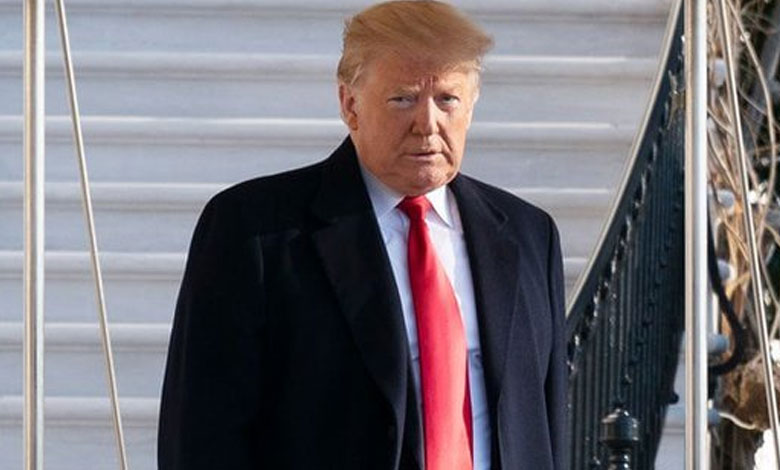Trump Set to Bring Shift in US Approach to Allies, North Korea, Diplomacy, and Tariffs
Under the America First banner, incoming US President Donald Trump appears ready to reshape the United States' approach to its alliance with South Korea, North Korea's nuclear threats, trade, and other critical issues.

Seoul: Under the America First banner, incoming US President Donald Trump appears ready to reshape the United States’ approach to its alliance with South Korea, North Korea’s nuclear threats, trade, and other critical issues.
Table of Contents
America First Agenda
Trump will be sworn in as the 47th President of the United States on Monday at the Capitol Rotunda. His administration is expected to prioritize curtailing costly overseas engagements, pressuring allies to shoulder more of the security burden, and addressing US trade deficits to serve American interests.
Also Read: Aus Open: Sabalenka Routs Andreeva for Third Successive Quarterfinal at Melbourne Park
Challenges in the Seoul-Washington Alliance
Trump’s inauguration comes as South Korea faces political uncertainty following the impeachment of President Yoon Suk Yeol over a failed martial law bid. Acting President Choi Sang-mok currently leads the country, raising concerns about weakened policy coordination with the incoming Trump administration.
Experts worry that Trump’s perceived transactional foreign policy approach could strain the Seoul-Washington alliance, particularly as South Korea braces for potential US demands for increased financial contributions to the 28,500-strong US Forces Korea (USFK).
Changing Dynamics with North Korea
Trump may revive direct diplomacy with North Korean leader Kim Jong-un, boasting about his personal ties with Kim during the campaign. His previous term saw unprecedented leader-to-leader summits, including the historic 2018 meeting in Singapore.
Recent appointments, such as William Harrison, Richard Grenell, and Alex Wong, signal Trump’s intent to rekindle negotiations. However, North Korea’s reliance on Russia amid the Ukraine conflict raises questions about Pyongyang’s willingness to reengage.
Concerns Over South Korea’s Political Paralysis
Political turmoil in South Korea could limit its ability to coordinate with Washington. Experts argue that resolving the leadership crisis swiftly is crucial to maintaining a strong alliance and ensuring South Korea is not sidelined in Trump’s foreign policy plans.
Global Geopolitical Moves
Trump’s unconventional diplomacy has raised eyebrows globally. His refusal to rule out military or economic coercion to reclaim the Panama Canal or acquire Greenland reflects an expansionist facet of his foreign policy.
Amid intensifying US-China rivalry, South Korea’s strategic value is likely to grow. However, unresolved issues like defense cost-sharing could create friction between the allies.
Trade and Tariffs
Trump has pledged to introduce new tariffs on all imported goods, potentially affecting South Korea’s trade. His Treasury Secretary nominee, Scott Bessent, confirmed plans to use tariffs to address unfair trade practices.
South Korea has been urged to demonstrate its commitment to reducing America’s trade deficit through measures such as increased imports of US goods and services.
Implications for US Global Leadership
Observers worry that Trump’s aggressive America First approach could diminish America’s global leadership role. Experts fear that such policies could continue even in a post-Trump era, reshaping international norms and institutions.
